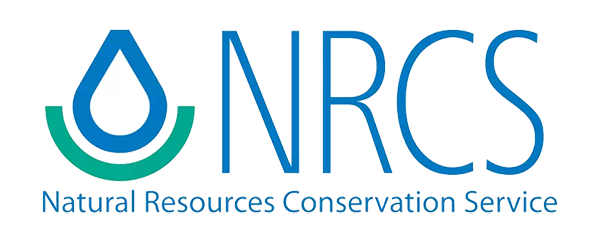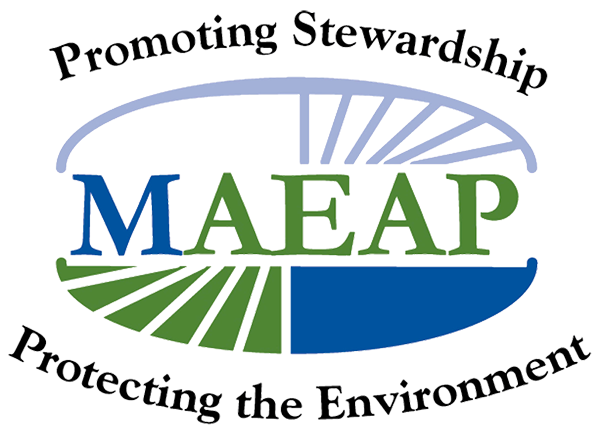Cocoa Generates Environmental Benefits for Organic Waste Providers
Cocoa Organic Waste Recycling Services help businesses streamline operations and reduce costs related to air emissions, waste generation, landfill disposal, and environmental compliance.
Cocoa helps businesses connect their top management to their sustainability team to generate solutions to ecological, social, and economic challenges and create strong stakeholder partnerships.
Cocoa helps businesses develop marketing campaigns to convince consumers, shareholders and investors that being green is the right thing to do.
Cocoa Helps Farmers Improve Conservation Performance
Cocoa Compost can be an essential component of environmentally sound fertility and integrated pest management practices. Cocoa naturally provides valuable nutrients, organic matter and beneficial microorganisms that may reduce chemical fertilizer applications, denitrification, fertilizer runoff and soil erosion.

Farmers utilizing Cocoa Compost as part of their fertility program can receive up to $300,000 over 3 years (subject to EQIP terms) if they are enrolled in the USDA/NRCS EQIP Conservation Stewardship Program (CSP). The CSP is a voluntary program that provides financial and technical assistance to help land stewards conserve and enhance soil, water, air, and related natural resources on their land.

Cocoa is committed to promoting and educating farmers on the Michigan Agriculture Environmental Assurance Program membership benefits. The MAEAP cropping system focuses on nutrient application and management on cultivated fields to ensure that crops receive the nutrients needed to grow, without adding excess nutrients to the soil or water.
Phosphorous and nitrogen runoff from fertilizers and manure are a major source of surface water contamination that impair lakes and ponds through the process of eutrophication. Eutrophication is the result of excessive bacteria and algae growth, which depletes the oxygen in the water and leads to extensive fish and other aquatic animal kills. In addition, certain types of algae, like blue-green algae, in eutrophic waters are toxic to livestock and humans. Excessive algae growth may also cause taste and odor problems which water treatment facilities must then spend additional money to clean up.
A 6-year Michigan State University study comparing compost to manure, found no significant differences in yields of maize and alfalfa between nitrogen (N) treatments but the manure treatments had 57% higher nitrate (NO3) leaching compared to compost.
Applying the results of this study, farmers using Cocoa Compost will better protect our environment because they should retain approximately 20 lbs/acre more of plant-available nitrogen (N) in their soils while eliminating odor complaints and fecal coliform runoff, compared to manure applications. Cocoa Compost can be applied almost any time of the year and integrated into nutrient management (NMP) and pest management (IPM) programs.
Cocoa’s Sustainability Commitment
Cocoa combines a state-of-the-art compost facility design with best management practices to control plant runoff, spillage, leaks or odors from the waste materials.
Organic residuals are converted into Cocoa Compost which can be used in agriculture, landscaping and the turf grass industries.
Cocoa annually tests our compost products with A&L Great Lakes Laboratories.